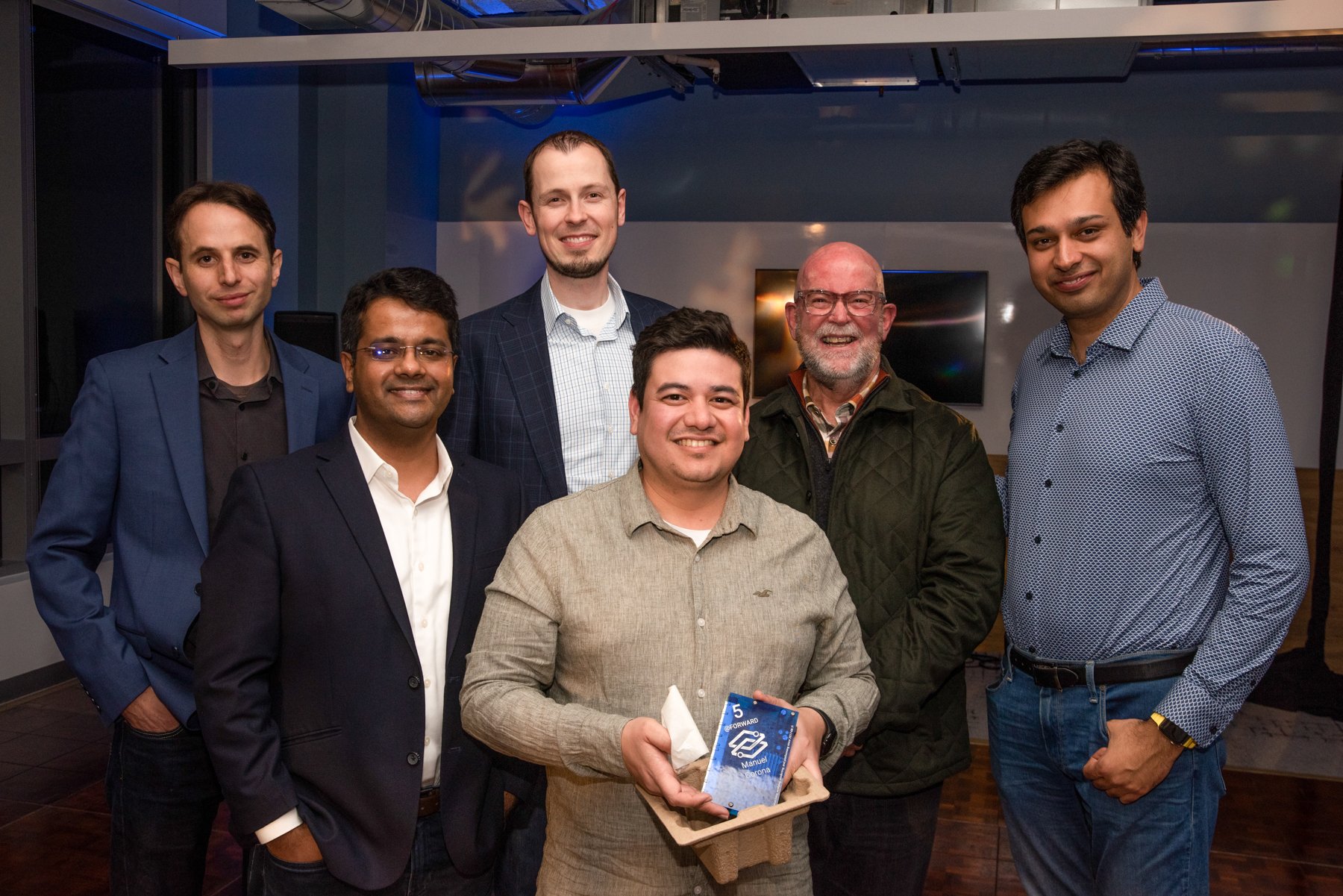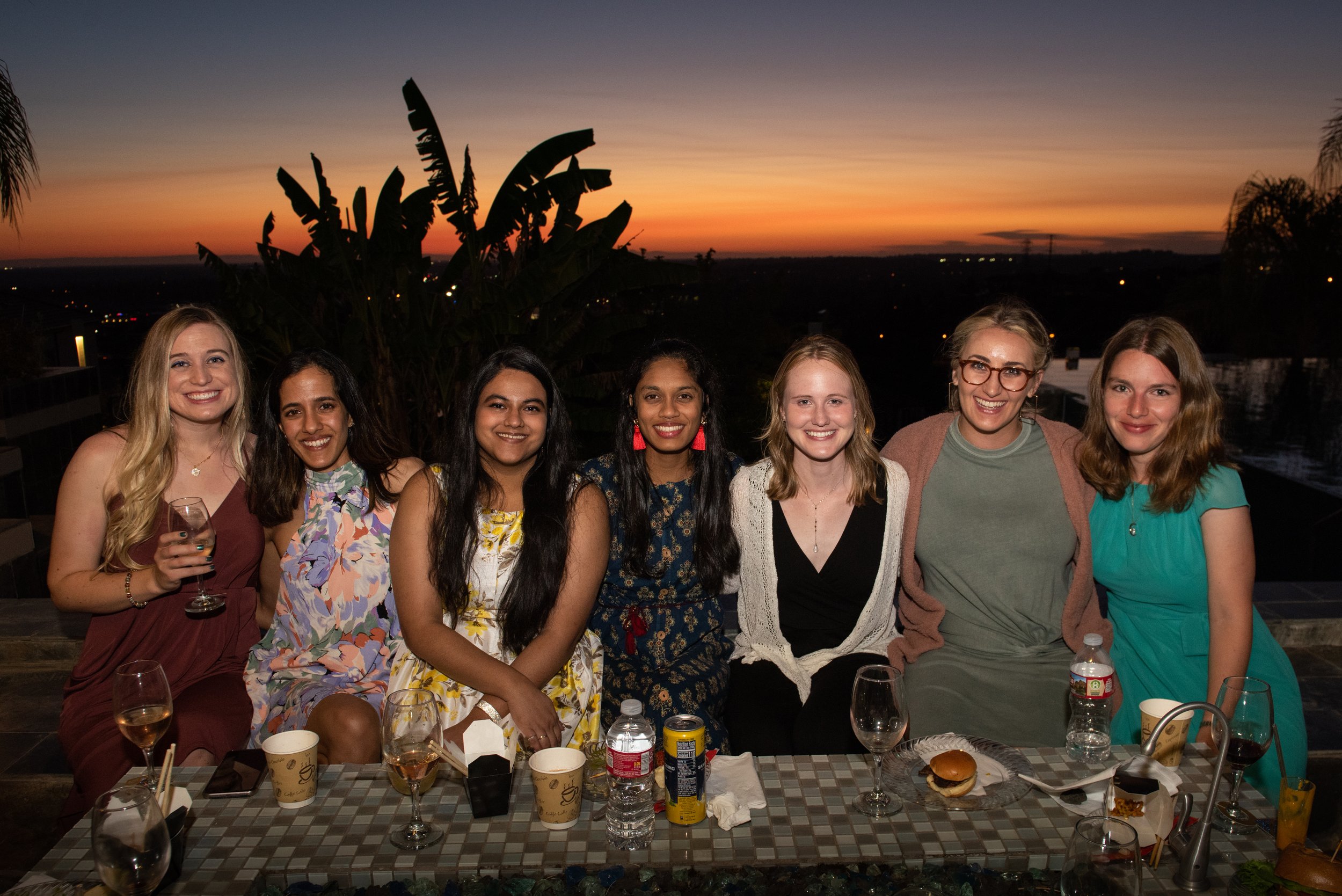Thing to consider when starting out as an Event Photographer
Event photography is a specialized genre that involves capturing images during various events such as weddings, parties, conferences, concerts, sports competitions, and other gatherings. Your goal as an event photography is to document and preserve the moments, excitement, and overall atmosphere of the event. The following are some key aspects and considerations as an event photographer.
As a professional event photographer you should use a high-quality digital cameras, multiple lenses, external flashes, and other accessories to ensure they can capture different types of shots in varying lighting conditions. I personally use a Nikon D810, a Nikon 70-200mm and a Sigma 24-70mm lens for these types of shoots.
Corporate Event Photography
Before the event, it's very helpful for a photographer to familiarize themselves with the event schedule, location, and important moments to anticipate and plan for key shots. You may also want to scout the venue in advance to identify the best vantage points and lighting conditions. But in reality this might not always be possible. I recommend bringing more equipment than you need. I would rather bring something I didn't need than be without something I desperately need.
As an Event photographer you are responsible for capturing a wide range of images, including candid shots, group photos, portraits, and details of the event decor or setup. It’s great when the client tells you what they want but that doesn’t always happen. You must be adaptable to any situation you might find yourself in. Be aware of what is happening during the event so you can capture significant moments, reactions, and interactions.
These types of events can often have challenging lighting conditions, such as low light indoors or high contrast outdoor settings. As a skilled event photographer it helps to know how to work with different lighting situations, using natural light, artificial lighting, or a combination of both to achieve well-exposed and visually appealing images. A good flash is really important for this. I use my Nikon SB-700 Flash but I always carry a backup Godox V860III just in case something goes wrong.
Party Photography
One of the key elements of event photography is capturing candid moments. These spontaneous shots reflect the genuine emotions and interactions of the event participants. A skilled event photographer knows how to blend into the background and capture these unposed moments discreetly. This can be the hardest part about shooting an event. It can be awkward photographing strangers while they are having a good time but the more you do it the easier it gets.
Engagement Party Photography
After an event, I typically go through all the images I’ve shot, selecting and editing the best images. I adjust the exposures, enhance the colors, crop images, and make other adjustments to ensure the final photographs are of the highest quality. I use Adobe Lightroom Classic for this part of the job and it works great for me.
Corporate events most likely will want digital files delivered. You’ll want to deliver digital images as well as a photo album for a wedding clients. It's essential to clarify the expectations and deliverables with the client beforehand. This will save you a lot of headaches and time in the post process phase of your project.
It’s important to maintain a professional demeanor throughout the event, working closely with event organizers, clients, and other vendors. They should be able to manage their time efficiently, be attentive to detail, and deliver a high level of customer service. While you are photographing a fun, exciting or joyous event remember you are there to do a job.
If you're considering event photography, it's essential to practice and gain experience in different types of events. Building a portfolio and networking with event planners, wedding coordinators, and other professionals in the industry can help you establish yourself in the events photography space.



